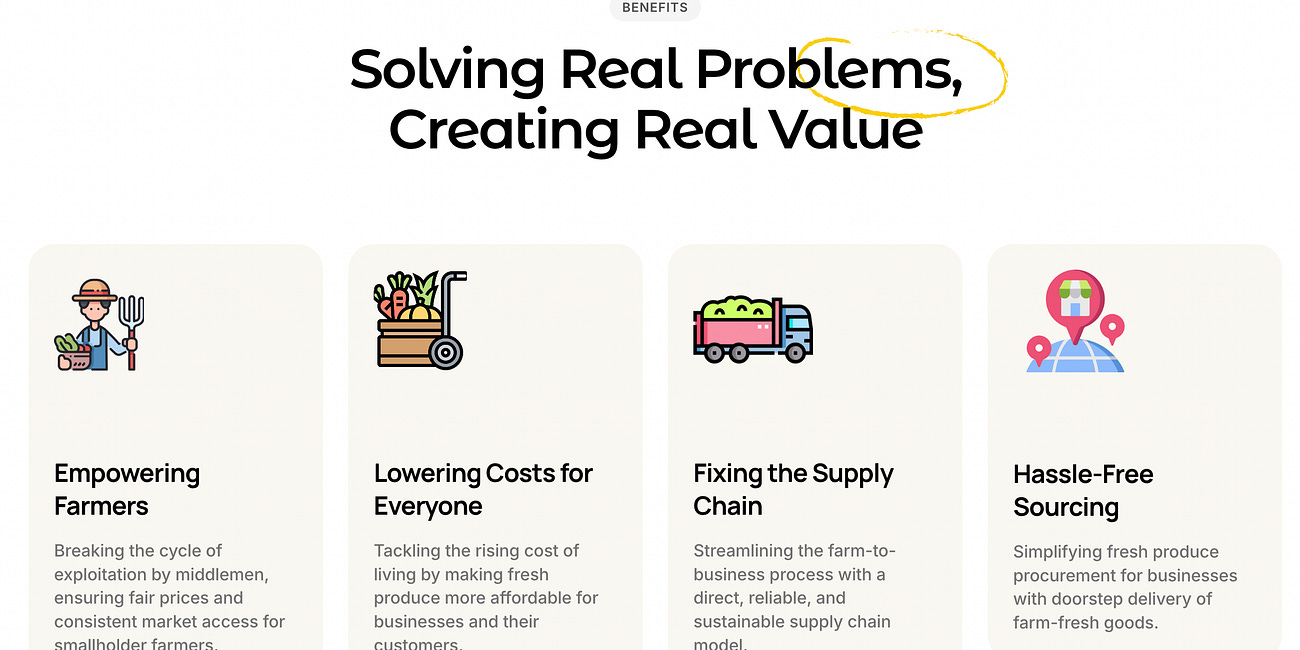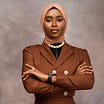Oaklycare: Mobile Elderly Care for Africa
How one startup is redefining healthcare for Africa’s elderly
Hi there,
Welcome to the 11th edition of Next Capital, where we help you find Africa’s most promising startups—before anyone else does.
Last week, we wrote about the startup helping farmers in Ethiopia make more money and reduce post harvest loss. If you missed it, you can catch up here 👇🏾
Backdrop
Every year, over $90 billion in remittances flow to Africa.
These funds are mostly sent through Western Union, remittance apps, and wire transfers.
But what you don’t see is what most of this money is used for.
According to a study on older Nigerians receiving remittances shows that 4.7% of their remittance funds goes into healthcare. It is an estimated $10 billion market.
This startup wants to make elderly care work better, starting in Nigeria.
Meet Oaklycare.
The problem
Nigeria has 9.4 million elderly people, but more than half of them don’t have access to quality healthcare.
It’s either too far away, too stressful, or too costly.
Also, these are mostly dependents who don’t work or earn a direct income. And since 76% of Nigerians pay out of pocket for healthcare, home care services are often too costly for them too.
But what if there were a way to provide safer, smarter, and more accessible home care to Nigeria’s elderly?
Oaklycare’s fix
Turns out, there is. Oaklycare is a startup that’s unbundling what makes health fragile for seniors in Africa, and addressing each one with proprietary tech.
Their first digital innovation is Oakly FallGuard™, a predictive fall risk assessment tool designed to identify high-risk individuals before a fall accident occurs.
23% of elderly Nigerians have a serious fall each year. And it’s responsible for 48% of all traumatic injuries in Nigerian seniors.
Oakly FallGuard™ is a digital fall risk prediction tool built into the OaklyCare platform. It assesses fall risk using clinical and behavioural inputs
OaklyCare continues to explore ways to deepen this capability with emerging technologies, while maintaining a strong foundation in software-based, preventive care.
With this, Nigerian seniors can have safer times at home, reducing the amount of money they spend on healthcare by up to 30% on average.
On a small scale, these savings seem tiny, but not when you zoom out and see…
The opportunity
Sizing Nigeria’s digital health market is tough, but there are some non-consumption patterns we can follow.
The country currently has 1 doctor for every 4,000 patients
It needs 730,000 doctors to fill the deficit
And its home care market hasn’t taken off so far
In addition to this, 15% of remittances into Africa cover health expenses. That’s about $6 billion a year.
So, however you dice it, there’s a big pie in front of Oaklycare. And it’s been sharpening its knives.
The money talk
Oaklycare is still in the MVP stage. They’ve built out the product and are currently testing it in Beta with a controlled group of users, but so far, they have
100 care providers onboarded
500+ signups in the waitlist
as well as ongoing strategic partnership conversations.
Soon, they’ll be rolling out of beta with two things:
Hard data on how people use the product
And a clear roadmap of how to bring it to market
And clearly, there’s a lot to be excited about
Why we’re excited?
The market space for geriatric care in Nigeria is still wide open. There’s currently only one player, GeroCare, which runs a health concierge service for seniors, at the cost of a monthly subscription.
Oakleycare has a more preventive solution, making it more likely to be sticky with customers. This is especially true for rural areas, where health facilities aren’t easily accessible, and prevention is preferable.
There’s also growing investment in Africa’s digital health space. In 2023, it reached $167 million and is projected to grow at a CAGR of 23.4% between 2024 and 2030.
At the current growth rate, the market looks promising both for investments, startup activity, and potential exits.
But what could go wrong?
The target demographic isn’t the most tech native demographic
Their tech uses AI, which requires Internet access. This can be spotty in rural Nigeria.
They’re selling to a market of non-earners and will face the user-payor problem.
The Team
Oakleycare’s team has the best of tech and healthcare in one mix.
Julius Adedigba, co-founder and CEO, is a dual-registered nurse with hands-on experience in trauma and geriatric care across Ireland and Nigeria.
The CTO and co-founder, Tosin Adebayo, brings years of full-stack development experience and a strong interest in health-tech systems.
Rebecca Adedigba, the Chief Care Officer, is a United Kingdom and Nigerian registered nurse, with clinical expertise and foresight, driving care protocols and standards in the company.
What do you think about Oaklycare?
Is it a solution in search of a problem?
Or is it a viable startup waiting to launch?
You can share your opinion here.
And if you’d like to meet the team directly, shoot us a mail.
Till next week!🫡
Enjoyed reading this? Forward it to someone you think would enjoy it as well.






